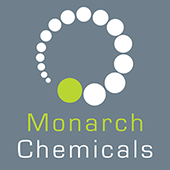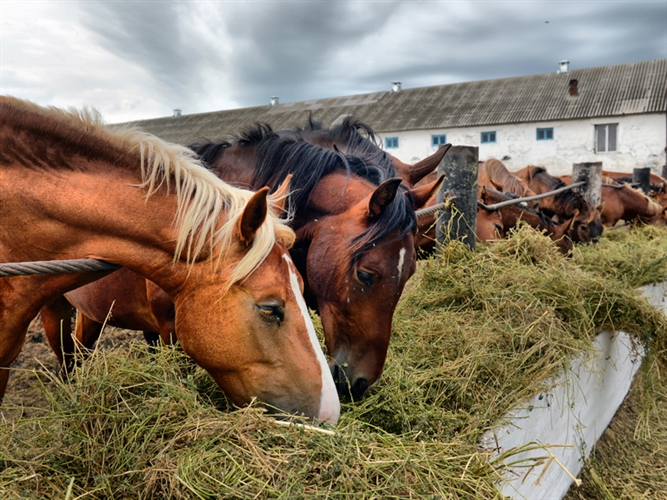To tackle this issue, many farmers and contractors turn to propionic acid, a powerful and proven solution. In this blog, we’ll explore how propionic acid prevents mould and bacterial growth in animal feed and why it’s so effective.
What is Propionic Acid?
Propionic acid is a naturally occurring carboxylic acid with antimicrobial properties. It's widely used in agriculture to inhibit the growth of moulds and bacteria, thereby preserving the quality of animal feed. Its unique chemical structure disrupts the cellular processes of harmful microorganisms, making it a highly effective preservative. It works well with most grains and pulses, including wheat, barley, oats, maize, peas, beans, and lupins.
How Does Propionic Acid Prevent Mould and Bacterial Growth?
Propionic acid - also often called “Propcorn ” in the industry - is one of the most popular methods for preserving grain. It is straightforward, effective, and cost-effective.
Propionic acid works by lowering the pH level of animal feed, creating an environment that’s hostile to mould and bacterial growth. This process helps maintain the feed's quality and nutritional value, extends its shelf life, and cuts down on waste due to spoilage.
Using propionic acid also eliminates the need for drying grain. The acid treatment lowers the grain's pH to a level that prevents mould and mycotoxin growth and can even boost the grain's energy levels for feeding livestock. Another perk is that you don’t need any special storage – the anaerobic conditions created by the treatment are enough to keep the grain from spoiling.
In summary
Propionic acid has proven to be an essential tool in preserving animal feed quality. Its ability to prevent mould and bacterial growth, along with its cost-effectiveness and environmental benefits, makes it a favourite among farmers. As the harvest period approaches, ensuring you have a sufficient stock of propionic acid is crucial for maintaining feed quality. Don't wait until it's too late – get in touch with us or your supplier today and secure your stock of propionic acid to ensure your feed stays fresh and nutritious throughout the season.



